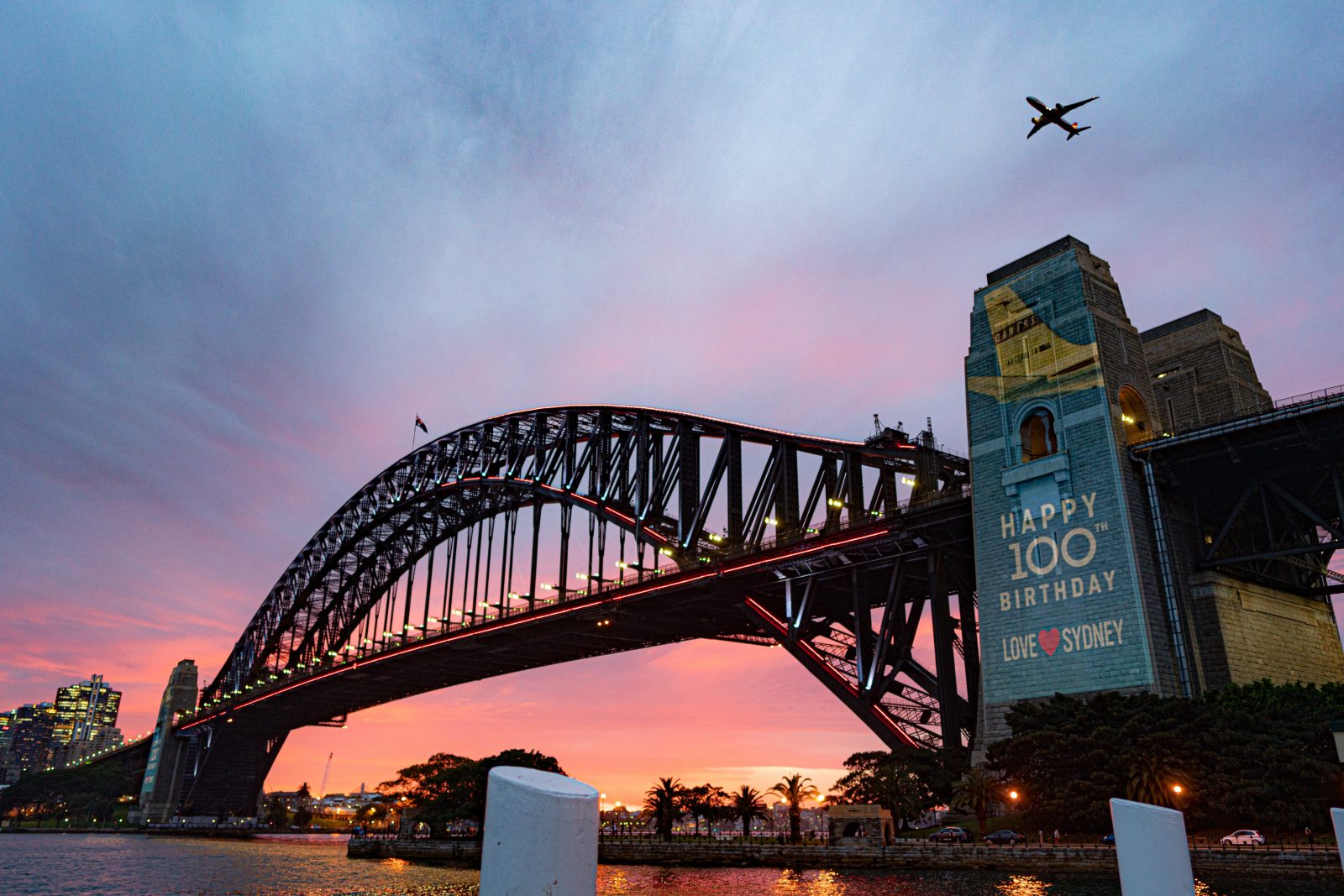
Australia is to slash the number of passengers allowed to enter the country from overseas by 50 per cent blaming the decision on the highly infectious Delta variant for heaping extra pressure on the country’s leak-prone hotel quarantine system.
In a press conference on Friday, Prime Minister Scott Morrison did, however, set out a loose roadmap for reopening Australia’s borders which will eventually see the country treat COVID-19 like the annual flu and crude lockdowns only used in the most extreme of circumstances.
As part of Australia’s roadmap to normality, Morrison said the Commonwealth would soon start trialling shorter home quarantine for fully vaccinated international arrivals although the Prime Minister couldn’t provide a timeline for any of his announcements and said each stage relied on the vaccination programme and expert advice.
Australia banned most international travel early last year and slapped a ban on non-Australian citizens and permanent residents from entering the country in what has been a largely successful strategy to keep COVID-19 numbers incredibly low.
In recent days and weeks, though, Australia has been rocked by COVID-19 clusters linked to leaks from hotel quarantine, along with a bus driver who caught and spread the Delta variant from a member of international aircrew.
As a result, Morrison has taken the decision to halve the number of arrivals allowed to enter the country each week to just 3,000. The new cap will come into place on July 14 and remain in place until the end of the year at the earliest.
There are still an estimated 30,000 citizens and permanent residents who are classed as stranded outside of Australia and waiting to return.
Morrison’s four-phase reopening plan will rely on the vaccine rollout hitting certain milestones, although those targets haven’t yet been set. Phase 1 includes the new 50 per cent cap on international arrivals, while phase 2 would see lockdowns used only in the most extreme of circumstances.
This phase will also see more international arrivals allowed and the introduction of a seven day home quarantine for fully vaccinated travellers.
“The work that we have already done and Professor Kelly may want to add to this, shows that a vaccinated person doing quarantine for seven days is stronger than an unvaccinated person doing quarantine for 14-days,” Morrison said at a press conference.
“Our mindset on managing COVID-19 has to change once you move from pre-vaccination to post-vaccination. That’s the deal for Australians,” he continued.
Under phase three, Australians will finally be allowed to leave the country for a holiday and COVID-19 will be treated as the annual flu. In this stage, vaccine booster shots will be made available to keep the virus at bay.
Finally, under phase four, there will be a return to normality.
South Australia is likely to be the first state to trial home quarantine but no date has been set and other states, including Victoria, have distanced themselves from the trial.
Mateusz Maszczynski honed his skills as an international flight attendant at the most prominent airline in the Middle East and has been flying ever since... most recently for a well known European airline. Matt is passionate about the aviation industry and has become an expert in passenger experience and human-centric stories. Always keeping an ear close to the ground, Matt's industry insights, analysis and news coverage is frequently relied upon by some of the biggest names in journalism.







